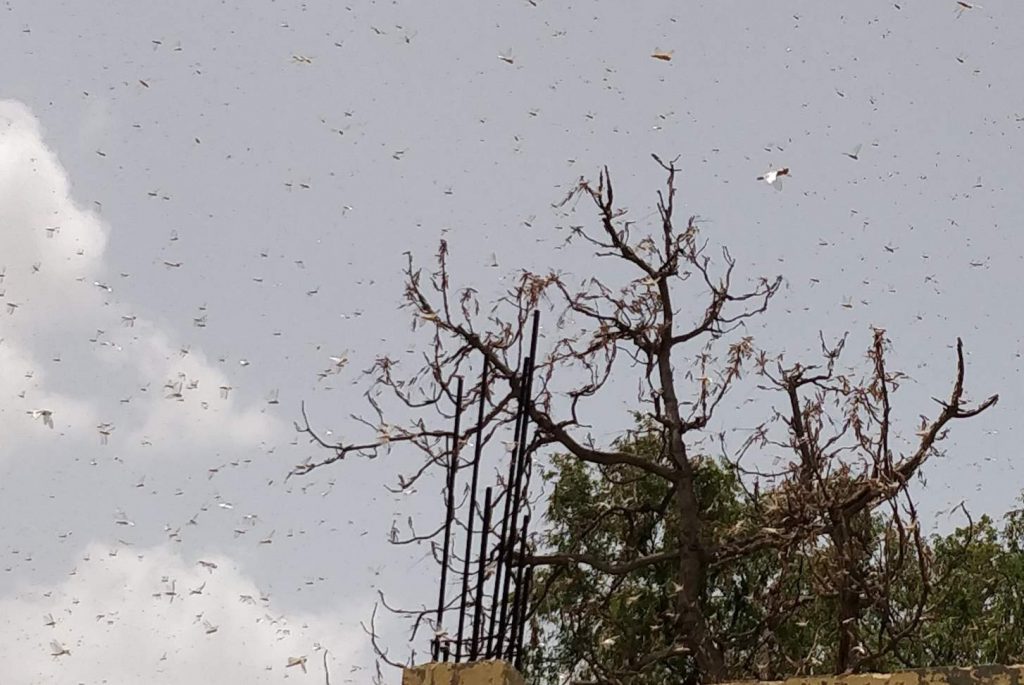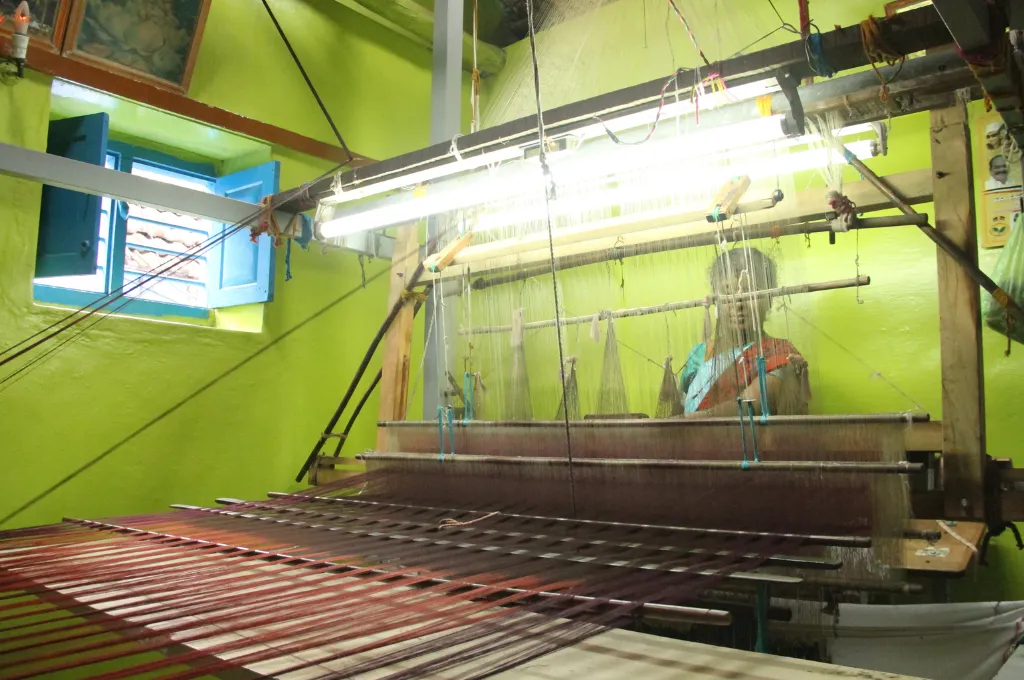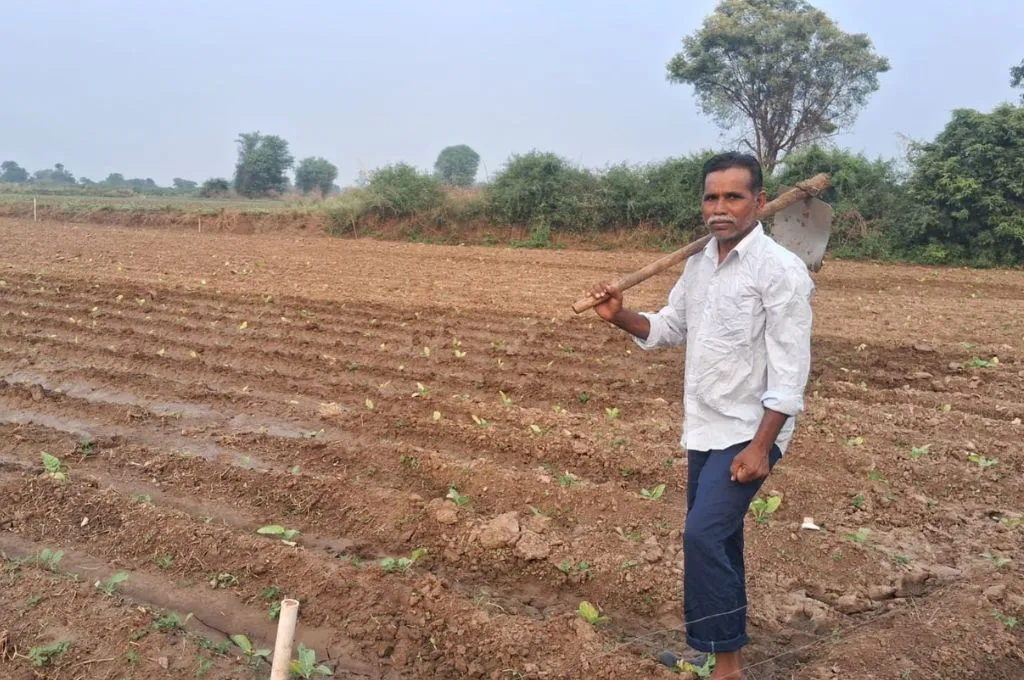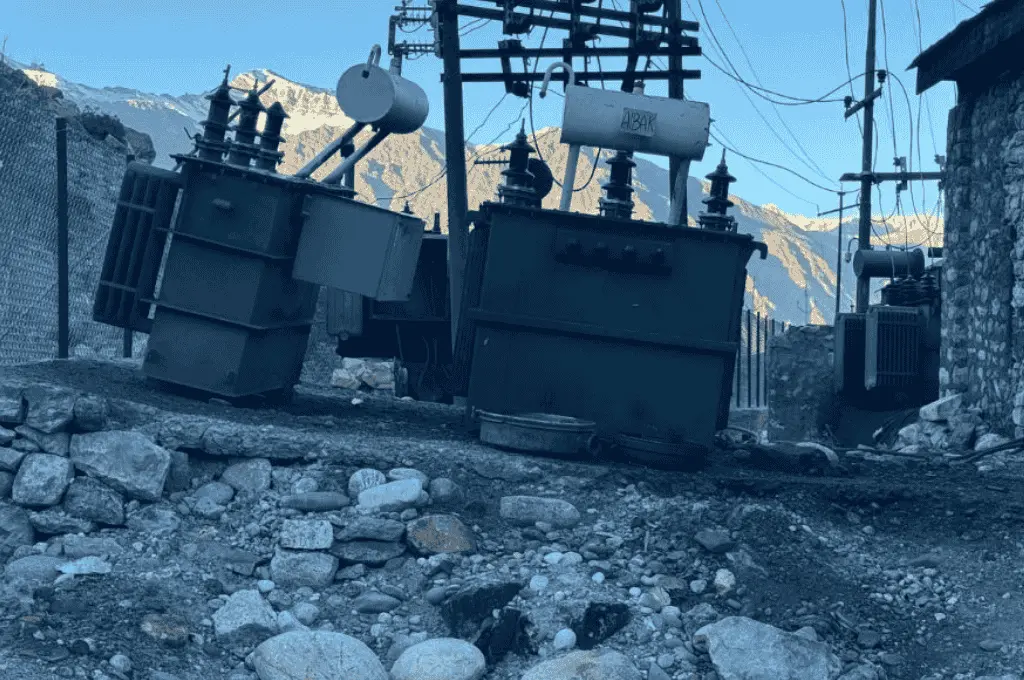
The past few months have been difficult for livestock owners in the districts of Barmer, Bikaner, and Jaisalmer in the Thar desert. The imposition of the nationwide lockdown caught them unawares, leaving them with very little fodder to sustain their animals through the summer months. Restrictions on mobility made it impossible for them to procure dry fodder from the market.
The recent locust attack in the region has further increased the forage woes of these herders. Since mid-April, there has been a steady growth in the numbers and the spread of locusts in these desert districts.
Swarms of locusts have devoured plantations and are threatening the fodder security of the region. Dungar Ram Raika of Charanwala village in Bikaner says, “The locusts have destroyed our plantations of kair, phog, and khejri. The remaining plants are not enough for large animals such as camels and we do not have enough money to procure dry fodder from the market. The government should think of launching drought relief measures to extend forage support to herders.”
The branches and leaves of the kair plant serve as a good source of green fodder and are preferred by camels and small ruminants. They can be seen growing on farm boundaries, orans (sacred forests), gochars (grazing lands), and wastelands throughout the region. As a slow-growing species, the locust attack could severely impact the growth of kair for this rabi (winter) cropping season.
“I am even worried about the peanut crop getting damaged. They are saying the locust attacks will be severe in the months of June and July. We use the crop residue as fodder for our animals and this potential damage could endanger the forage for our animals in the coming months.” adds Dungar Ram.
Jaya Kritika, a researcher with the Desert Resource Centre in Bikaner says, “The desert is a less-resourced ecology and a locust attack during COVID-19 would double the trouble for farmers in the region. They are anyway unable to realise a fair price for their produce during the lockdown and now the massive locust attack has devastated the standing crops. It is creating major financial losses and small farmers are likely to face severe deprivation due to a loss of earnings. Debts may also rise substantially.”
Aastha Maggu and Suraj Singh work with the Desert Resource Centre.
—
Know more: Read how we would need to repupose India’s rural strategy post-COVID-19.
Do more: Connect with the authors at aastha.maggu@ourdeserts.org and suraj.singh@ourdeserts.org to understand more about their work and extend support.



